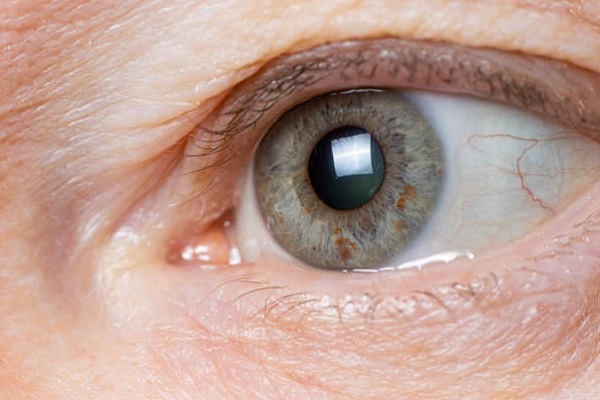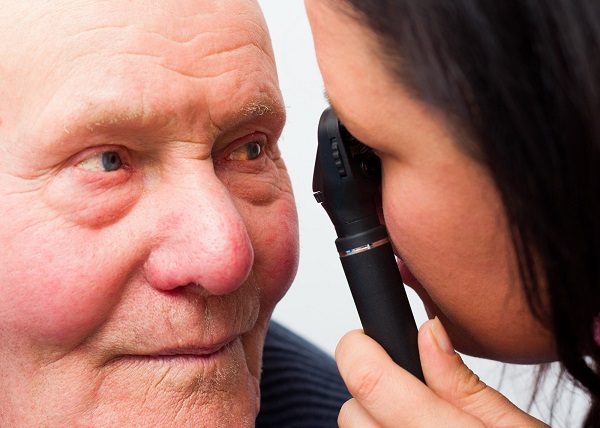Are you worried that you or a loved one might be at risk of glaucoma? Although glaucoma was once considered a rare disease, recent statistics show that it’s more common than many may realize.
But why are so many people at risk of glaucoma, though? Three million Americans suffer from glaucoma and half of them do not even know about it.
So in this article will take a look at why glaucoma is such a common health concern. And we will find out the answer to: “Is glaucoma hereditary?”
Keep reading to learn more!
Is Glaucoma Hereditary?
Glaucoma is a condition characterized by gradual damage to the optic nerve, a critical part of the eye, and associated with nerve changes and loss of vision. It is the leading cause of irreversible blindness worldwide and has a hereditary component as well. Genetic research has shown that certain gene variants can increase the risk for glaucoma, but the exact cause and risk factors can vary among individuals.
It is estimated that anywhere from 28-60% of the risk for developing glaucoma is hereditary, but many environmental factors have been linked to the onset of the condition. Those with a family history of glaucoma should therefore be extra vigilant in monitoring their own eye health. Genetic testing is available for those with a family history of glaucoma, but due to the complexity of the puzzle, its accuracy is still unclear.
Other Factors That Increase the Risk of Glaucoma
Genetic factors are not the only ones that may increase the risk of glaucoma. Several other factors may increase a person’s chances of developing the condition. For example, age, race, and elevated eye pressure. Medical conditions such as diabetes can also contribute to a person’s risk of getting glaucoma.
Other less-known causes of glaucoma include prolonged steroid use, low blood oxygen levels, and poor thyroid function. Additionally, a traumatic eye injury or previous eye surgery has been linked to glaucoma.
Treatments for Glaucoma
Treatments for glaucoma vary depending on the individual’s condition. Generally, doctors aim to reduce intraocular pressure with topical medications such as eye drops and lasers.
Eye drops that reduce fluid production or increase fluid drainage can also be used to manage early glaucoma. For individuals who are not responding to medications or who have poor vision, surgical procedures can be used. Surgeries can create a new connection in the eye so that fluid can drain from the eye.
Some doctors are also investigating newer therapies and clinical trials as long-term treatments. This includes drug therapy, minimally invasive surgery, stem cell therapy, and AI-based treatments.

Ultimately, long-term glaucoma management will require a combination of therapies. These therapies aim to reduce and control intraocular pressure and reduce and prevent vision loss.
If you or your loved ones have glaucoma, you will need to look for doctors who specialize in treating this illness. To start, you can ask friends and family for local recommendations or you can find our office here.
Glaucoma Can Be Hereditary
Is glaucoma hereditary? Yes.
With the evidence presented, it is clear that glaucoma can be heritable. Those with a family history of glaucoma may have higher risks of getting the condition. So they should take greater precautions to ensure their eye health. They need to get regular eye exams to accurately detect or diagnose glaucoma as it is a progressive disease.
So if you have a family history of glaucoma, speak to your eye care provider about your risk.




